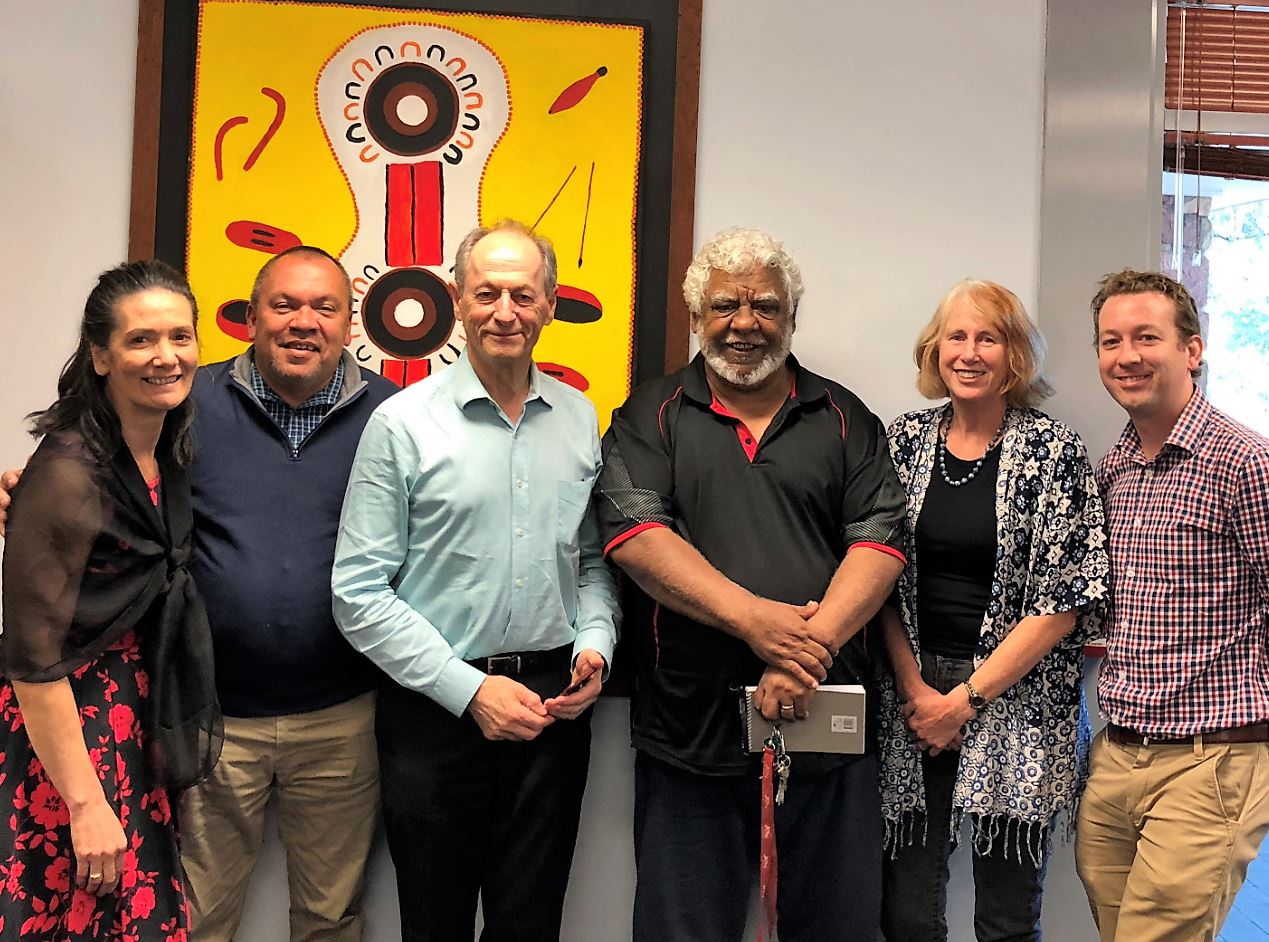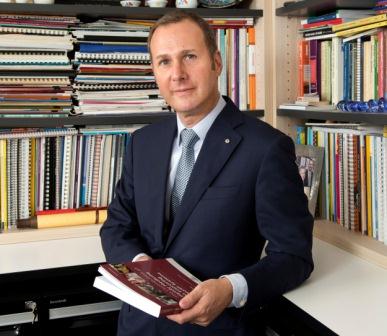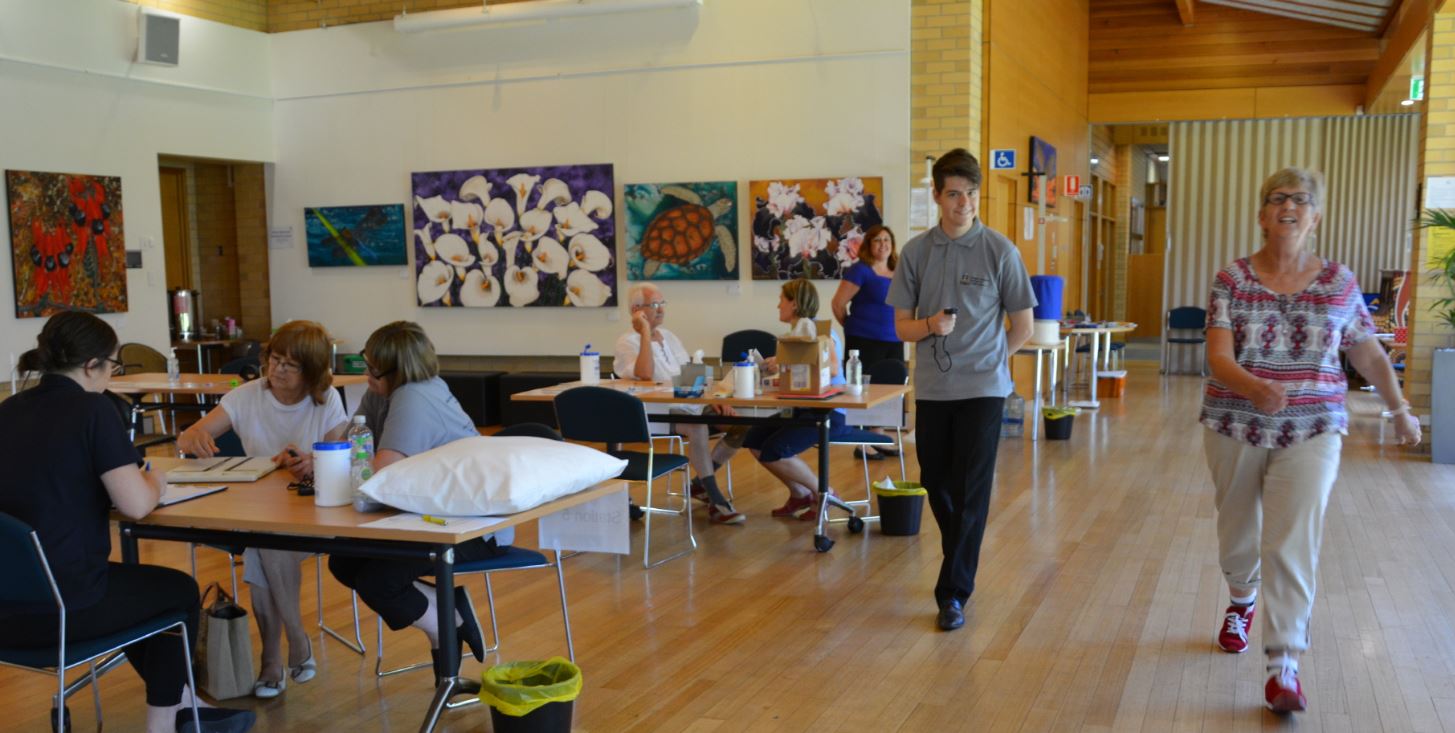
Australia is not delivering on the World Health Organisation promise made 40 years ago to achieve ‘Health for All by the Year 2000’, according to Flinders University researchers.
As the WHO reaffirms its 40-year-old Alma-Ata Declaration on Primary Health Care, experts at Flinders University’s Southgate Institute for Health, Society and Equity are launching a new 10 Point Plan for Primary Health Care Reform for Australia to progress the goal.
Southgate director, Flinders University Professor Fran Baum, says Australia, and other countries, have continued to follow a disease-focused clinical approach to primary health care rather than the comprehensive primary health care approach of the declaration.
The Southgate team’s solution is for Australia to adopt the new 10-Point Plan which embraces a comprehensive primary health care approach that addresses a holistic, social view of health, providing greater equity in health care access and outcomes.
Professor Baum says embracing a fully implemented, comprehensive approach to primary health care will benefit Australia by contributing to the prevention of disease, improved overall health and reduced health inequities, and reduce health care costs through upstream preventive and promotive action.
Professor Baum will present the plan as a part of crucial Primary Health Care Policy events in Canberra at the Primary Health Care Policy Symposium at Australian National University on Wednesday 12 September.
On the same day, it will also be presented to influential health care stakeholders at a breakfast meeting at Parliament House, Canberra.
The Primary Health Care Policy Symposium will be repeated in Adelaide on 17 September at the Adelaide Pavilion.
Interested participants can register for the Canberra and Adelaide symposia online.
The theme of the Primary Health Care Policy Symposium – “40 years on from WHO’s Alma-Ata Declaration on Primary Health Care: Relevance for a Healthy and Equitable Australia” – will feature Professor Baum’s presentation about how comprehensive primary health care holds a key to reversing health inequality.
These will serve as a launch pad for findings from the Southgate Institute’s Primary Health Care Research Program, on which the 10 Point Plan for Primary Health Care Reform has been based, Professor Baum says.

Others to present at the symposium are Professor Michael Kidd from the University of Toronto – a former Flinders University professor – Professor David Sanders from the University of Western Cape in South Africa and Professor James Macinko from the University of California, Los Angeles.
The Federal Minister for Health Mr Greg Hunt will present a video address to the symposium.
Before the symposium, the breakfast meeting at Parliament House, will bring together politicians, senior public servants and NGO executives to discuss policy challenges and opportunities for comprehensive primary health care in Australia.
The meeting will be facilitated by Professor Baum, with a panel comprising Professor Sanders, Ms Jennifer Doggett from Australian Health Reform Alliance, Ms Donna Ah Chee from the Central Australian Aboriginal Congress and Dr Toby Freeman from Flinders University.
While the Southgate Institute’s new 10 Point Plan represents a dissenting voice to current norms – and offers some challenge to current federal health policy directions – Professor Baum is confident it will encourage progressive discussion among leading health stakeholders, bureaucrats and politicians at the national level.

While Medicare supports equitable access to general practice, Professor Baum believes the growing involvement of private health insurance in primary health care is a risk for equity of access and health outcomes, which she says has already been demonstrated in the dental care sector.
The Southgate Institute findings also show that community health services have been eroded in most jurisdictions in Australia and are no longer as comprehensive as they used to be.
“Our detailed case study of their demise in South Australia demonstrates the shift from comprehensive to highly selective service provision,” says Professor Baum.
“Consideration of health equity in primary health care policy is largely confined to improving access to health services, rather than a consideration of outcomes,” says Professor Baum.
“Limited attention has been paid by governments to the social determinants of health equity, with the current approach largely focused on health and social service interventions targeting individuals, with little attention to structural drivers of socio-economic inequality.”

In Australia, Professor Baum notes there has been a reduction in support for health promotion.
“Health promotion that is funded stresses individual responsibility rather than creating health choices for people.
“However, socially determined health inequities are a major underlying cause of premature mortality, chronic disease and avoidable hospitalisations.
“New developments for coordinated care, such as Health Care Homes, are not based on comprehensive primary health care principles, and the extent to which they address equity is unclear.”
Despite the importance of population health planning, Primary Health Networks predominantly focus on commissioning and have limited resources or time to plan collaboratively for population health and equity, Professor Baum adds.
“The quality of the Primary Health Networks’ approach to partnerships with local government, state government funded local health networks, Aboriginal Community Controlled Health Organisations and other non-government organisations is highly variable,” she says.

